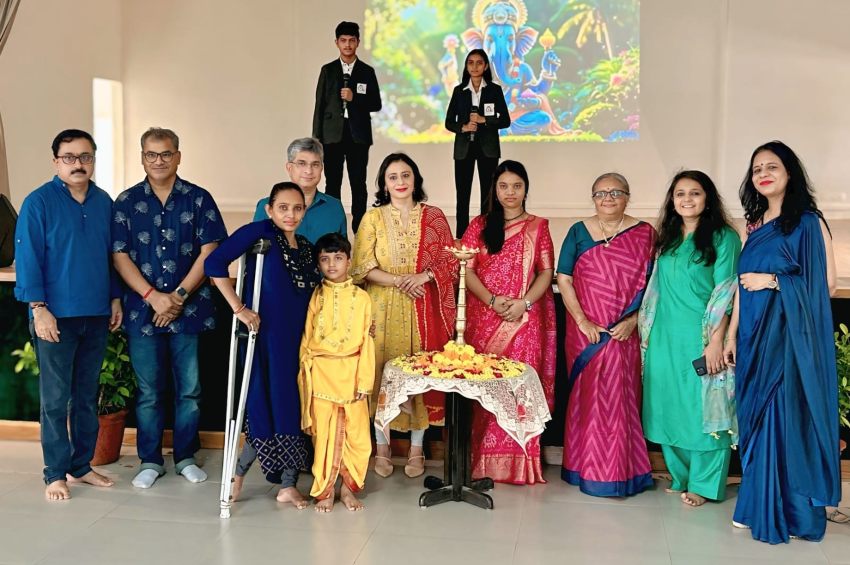If you’re preparing for any competitive exam or just want to boost your general awareness, small questions can make a big difference. These one-liner facts might look simple, but they are often asked in school quizzes, job exams, and interviews. Let’s look at a fresh set of GK questions and answers you should definitely know.
General Awareness Questions You Should Practise
1. Which organ in the body is mainly affected by AIDS?
Answer: Immune System
AIDS attacks the body’s defence mechanism. HIV, the virus that causes AIDS, weakens the immune system, making it hard to fight infections.
2. What is the full form of GDP?
Answer: Gross Domestic Product
It’s the total market value of goods and services produced in a country in a year. It reflects a country’s economic health.
3. What is the capital of Assam?
Answer: Dispur
Though many think it’s Guwahati, Dispur is the official capital of Assam and is part of the Guwahati city region.
4. Which gas is used to ripen fruits artificially?
Answer: Ethylene
This gas triggers the ripening process in bananas, mangoes, and other fruits. It’s widely used in commercial packaging.
5. Who was the first woman Governor of an Indian state?
Answer: Sarojini Naidu
She became the Governor of Uttar Pradesh in 1947. She was also a poet and freedom fighter.
6. Which planet is called the ‘Red Planet’?
Answer: Mars
Its reddish appearance is due to iron oxide (rust) on its surface.
7. What is the boiling point of water?
Answer: 100 degrees Celsius
At sea level, water boils at exactly 100°C. This basic science fact often appears in school-level exams.
8. Who invented the light bulb?
Answer: Thomas Edison
Though several scientists worked on the idea, Edison is credited for creating the first commercially practical bulb.
9. What is the currency of Japan?
Answer: Yen
If you’re following world markets or global news, knowing major world currencies is always helpful.
10. What is the national animal of India?
Answer: Bengal Tiger
It symbolises strength, grace, and power. It’s found mainly in the forests of West Bengal, Assam, and Madhya Pradesh.
Table: 5 More GK Facts at a Glance
| Question | Answer |
|---|---|
| Largest river in India | Ganga |
| Who wrote ‘Discovery of India’? | Jawaharlal Nehru |
| Which state has the highest population? | Uttar Pradesh |
| First Indian to win Nobel Prize | Rabindranath Tagore |
| Which organ purifies blood? | Kidney |
Final Note
GK is not just about remembering facts. It’s about staying updated and being ready for surprise questions in any situation — exams, interviews, or even conversations. So keep testing yourself with simple Q&A like these. And the best part is, you don’t need a thick book or coaching class — just a few minutes daily and a curious mind. Keep learning, one question at a time.











